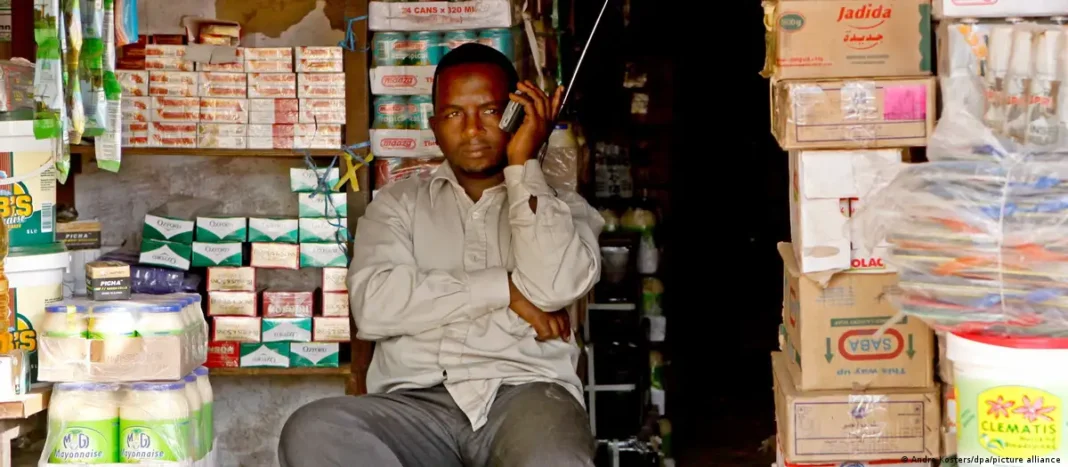The government of Guinea-Bissau has issued a stark warning, prohibiting public demonstrations or rallies in the country.
The Ministry of Interior and Public Order which issued the order on January 15, 2024, explained that the measure is due to ongoing operations involving the search and seizure of firearms. The firearms in question were reportedly taken from a barracks during incidents related to alleged coup attempts on February 1, 2022, as well as on November 30 and December 1, 2023.
Commissioner Salvador Soares, the national commissioner of the Public Order Police (POP), made the announcement in response to “information circulating on social media” about potential public demonstrations.
The announcement came about a week after President Umaro Sissoco Embaló’s January 6, 2024 speech in which he asserted his commitment to restoring order in Guinea-Bissau.
For a country racked by cartel violence and serial coups d’état, including two failed attempts in the last one year, it appears that by default, the ex-military officer will become more stringent with national security measures and strengthen democratic institutions.
But the next sentence would jolt any champion of freedom of expression and assembly into rude awakening.
“There will be no more ‘pagaille’ (disorder), and any demonstrations will be met with an appropriate response,” the President affirmed in his speech, explicitly likening demonstrations to disorder. By this decision, Guinea Bissau has joined neighbouring Guinea in officially banning public processions. And like its junta-ruled francophone neighbor, the Portuguese-speaking country has in recent times been a tough environment for media practice.
The political situation in the country is affecting the civic space, following a break-in to police cells by some officers of the National Guard to free finance minister, Souleiman Seidi, and treasury secretary Antonio Monteiro on November 30, 2023. The attempt to free the two who had been detained on alleged corruption charges, led to two days of sporadic shooting, including skirmishes near the presidential palace, in what was believed to be an attempt to subvert the government. At least two people died in the process, according to reports and the president dissolved Parliament.
The national broadcaster soon became the centre of a power struggle. Five days after the dissolution of Parliament, (December 4, 2023), a group of armed men went to the national radio and television stations and ordered all the workers to leave before turning off the transmissions for almost the entire day. Subsequently, the Director of the National Radio Service, Baio Danso, was summarily dismissed and replaced by Mama Saliu Sane, the former director who was himself removed after the opposition won the June 2023 legislative elections.
The ban on demonstrations unduly restricts the civic space and infringes on Article 54 (1-2) of Guinea Bissau’s 1984 Constitution which guarantees the right to freedom of assembly.
The Media Foundation for West Africa (MFWA) therefore calls on the government to reconsider the ban on demonstrations and to take steps to protect the civic space. While we recognise the delicate security and political situation in the country, it should not be used to deny basic rights. We urge the political and social actors in Guinea Bissau to dialogue and call on the authorities to allow the citizens to contribute to public discourse.





